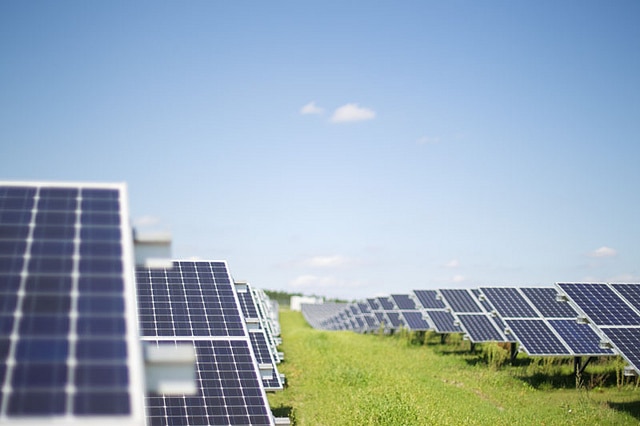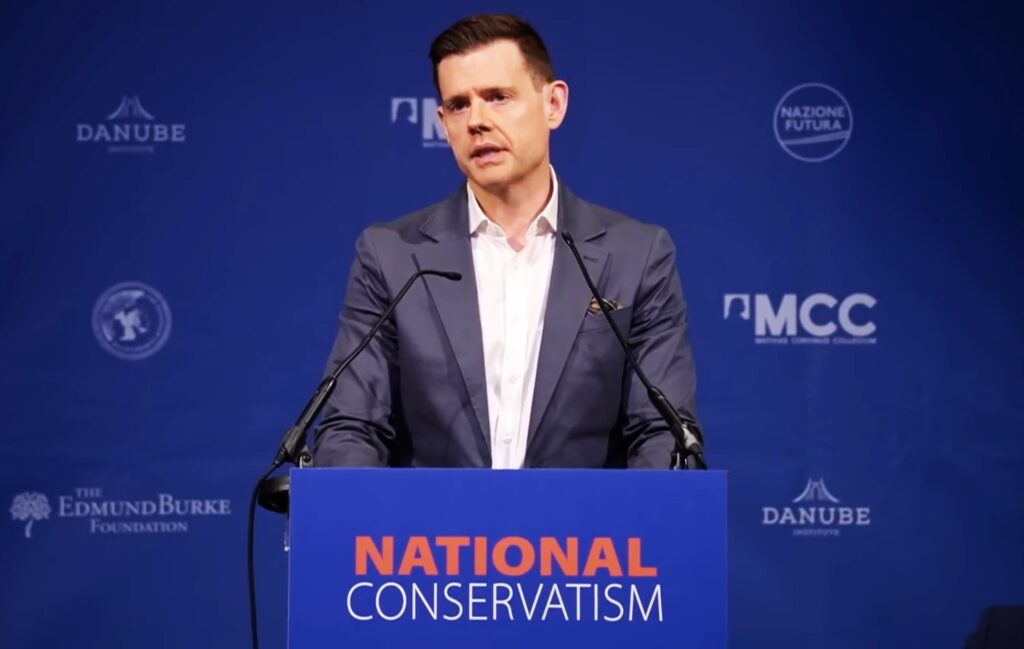Pressure continues to grow for European politicians to agree to further reductions of greenhouse gas emissions between now and 2030.
The European Union’s 2020 climate and energy package, which is binding legislation, calls for emissions to be cut by 20 per cent from 1990 levels by 2020. In addition, the plan calls for energy efficiency savings of 20 per cent and a 20 per cent increase in renewable energy technologies.
While the European Union seems largely on track to meet those targets, later this month politicians are going to vote on even greater emissions reductions, energy savings and growth in renewables by 2030.
In January, the European Commission, the executive arm of the EU, published the 2030 policy framework for climate and energy.
Despite six years of economic uncertainty, the plan includes targets to reduce EU domestic greenhouse gas emissions by 40 per cent below the 1990 level by 2030, which would ensure that Europe would meet its objective of cutting emissions by at least 80 per cent by 2050.
Europe is already a world leader in emissions reductions and takes climate change extremely seriously. By way of comparison, under the Copenhagen Accord, Canada, the U.S. and other nations only committed to reducing domestic greenhouse gas emissions by 17 percent from 2005 levels by 2020.
Global greenhouse gas emissions grew astronomically between 1990, the year Europe’s climate targets are based on, and 2005, the year the Copenhagen’s Accord’s targets are based on — making the European targets far more meaningful than those of Canada and the U.S.
In a nutshell, compared to Europe, most other regions’ efforts to reduce carbon emissions is severely lacking.
Most politicians gathering in Brussels on October 23-24 to vote on new 2030 energy targets know that a continually greener Europe means more local jobs, less toxic pollution, a decreased fossil fuel import bill and increased energy security.
Beyond some coal in its eastern areas, and a bit of hydro in Norway, Europe does not have many traditional sources of energy. It is expensive to keep importing fossil fuels and Europeans are getting tired of Russia either turning off its vast natural gas tap every January or jacking up the prices.
In addition, because of Fukushima, Germany, the EU’s largest economy and biggest manufacturing center, is withdrawing from nuclear power.
Despite some climate change deniers and those skeptical of renewable energies, especially in the U.K., both onshore and offshore wind and solar power are meeting increasing amounts of Europe’s electricity demand.
The 2030 plan also calls for increasing the share of renewable energy to at least 27 per cent by 2030 while seeing a 30 per cent increase in energy efficiency.
Three weeks after the UN Climate Summit, pressure continues to build for even more ambitious targets.
For instance, Greenpeace International is calling on Europe’s politicians to agree to a 55 per cent cut in domestic carbon emissions for 2030. Greenpeace is also pushing for a 45 per cent share of renewables and 40 per cent in energy savings.
In a Greenpeace blog post, Virag Kaufer said politicians should listen to the people who elected them, not just the fossil fuel and nuclear industries.
“They are knocking on politicians’ doors because they are scared,” Kaufer said.
“Their business model is outdated. They haven’t invested in renewable energy when it is clearly the way of the future. Instead, the core of their business depends on importing dirty fossil fuels from volatile regimes and maintaining Europe’s geopolitical vulnerability.”
Photo: Windwarts Energie via Flickr
Subscribe to our newsletter
Stay up to date with DeSmog news and alerts






